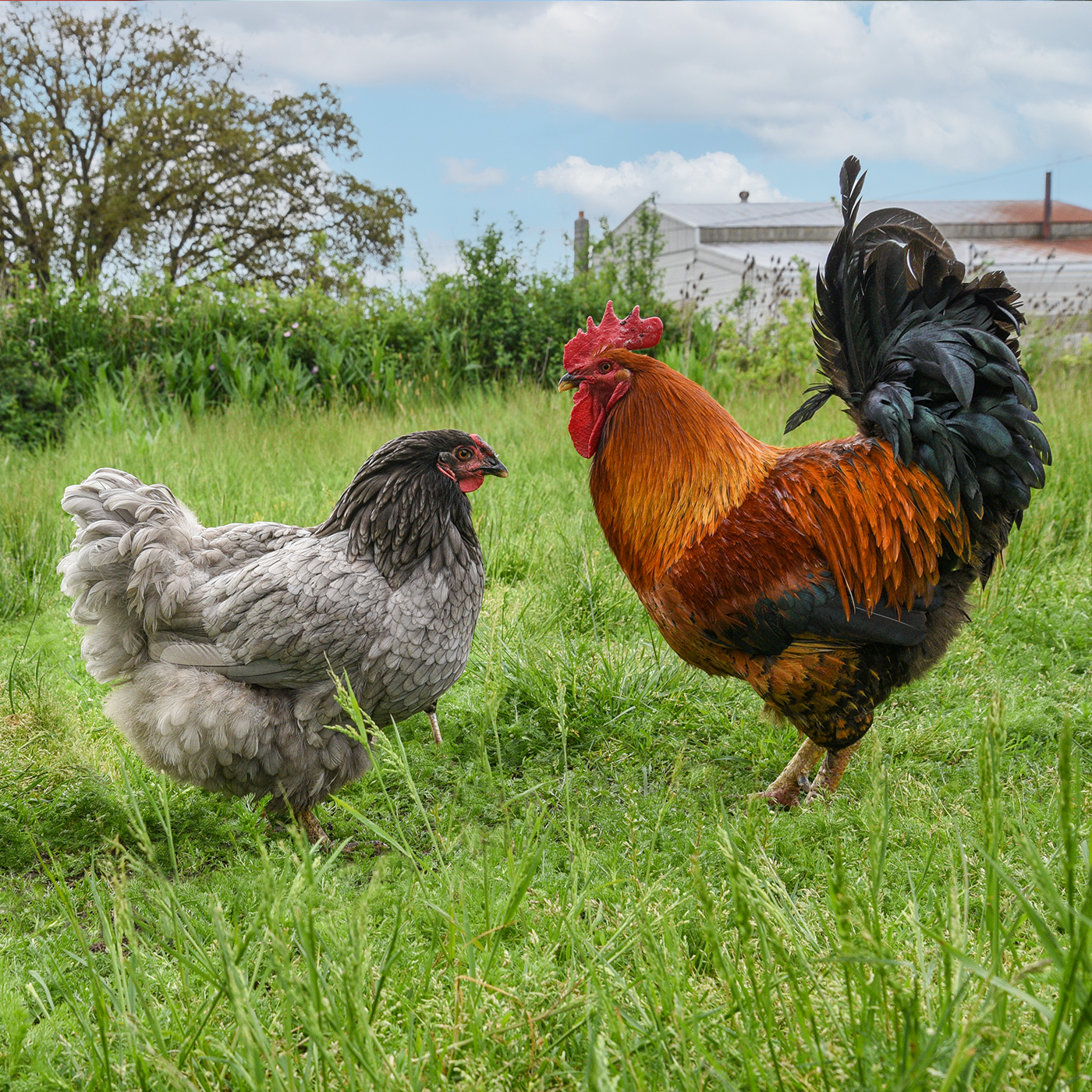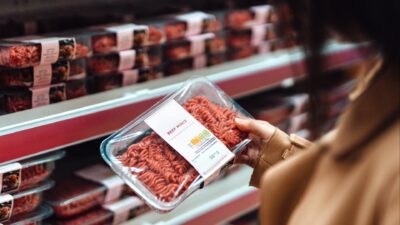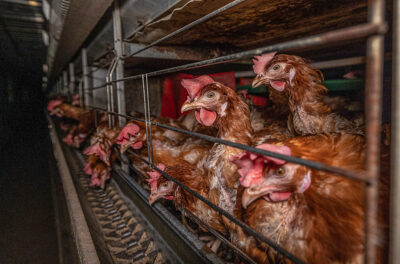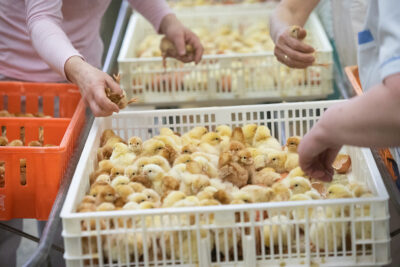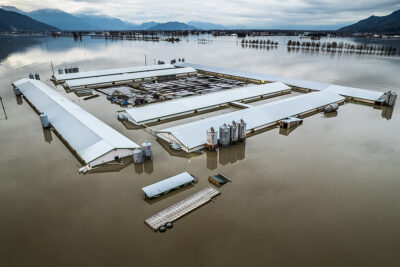In October, the government released some statistics that made our hearts sing: between March 2021 – March 2022, Brits ate the least amount of meat at home since records began in the 1970s. The data showed that, on average, meat consumption has dropped by 14% since 2012, with people eating 26% less ‘beef’, ‘lamb’, and ‘pork’, 11% less chicken, and 9% less fish than a decade ago. The data also showed that takeaway orders for meaty meals such as burgers, kebabs, and pies were at their lowest since the 1980s.
This is the kind of news we’ve been waiting for!
There is more than one factor driving this change, and it’s undeniable that cost has provided the main thrust. The perfect storm of the pandemic, Brexit and the invasion of Ukraine have created supply chain issues, food shortages, and price hikes that have helped to plunge us into a cost of living crisis. While the cost of everything has increased over the last year, with the price of a roast chicken rising by 11%, chicken nuggets by 18%, and beef burgers by a whopping 28% on average compared to veggie sausages going up by 8% and veggie burgers by less than 5% (according to Sky’s inflation calculator), it’s no surprise that shoppers on a budget are choosing to buy less meat and more meat-free.
As a side note, the fact that people are saving money by eating less meat undermines the naysayers’ claim that switching to a plant-based diet is more expensive. That simply doesn’t have to be the case. With data from research and insights company Kantar finding that the cost of an evening meal featuring a meat alternative is marginally cheaper than one featuring meat, and becomes considerably cheaper – around 38% so – if it features neither meat nor a meat alternative, this adds further weight to the argument that less meat + more plant-based = good for health, the planet, animals, and your pocket.
But cost-cutting isn’t the only reason people are eating fewer animal products. Dietary changes and lifestyle choices are having a huge impact. Whether it’s for health, environmental, and/or animal welfare reasons, and whether people identify as veggie, vegan, plant-based, flexitarian – or even if they’re a die-hard meat-eater – everyone is eating less meat, and that’s obviously a very good thing.
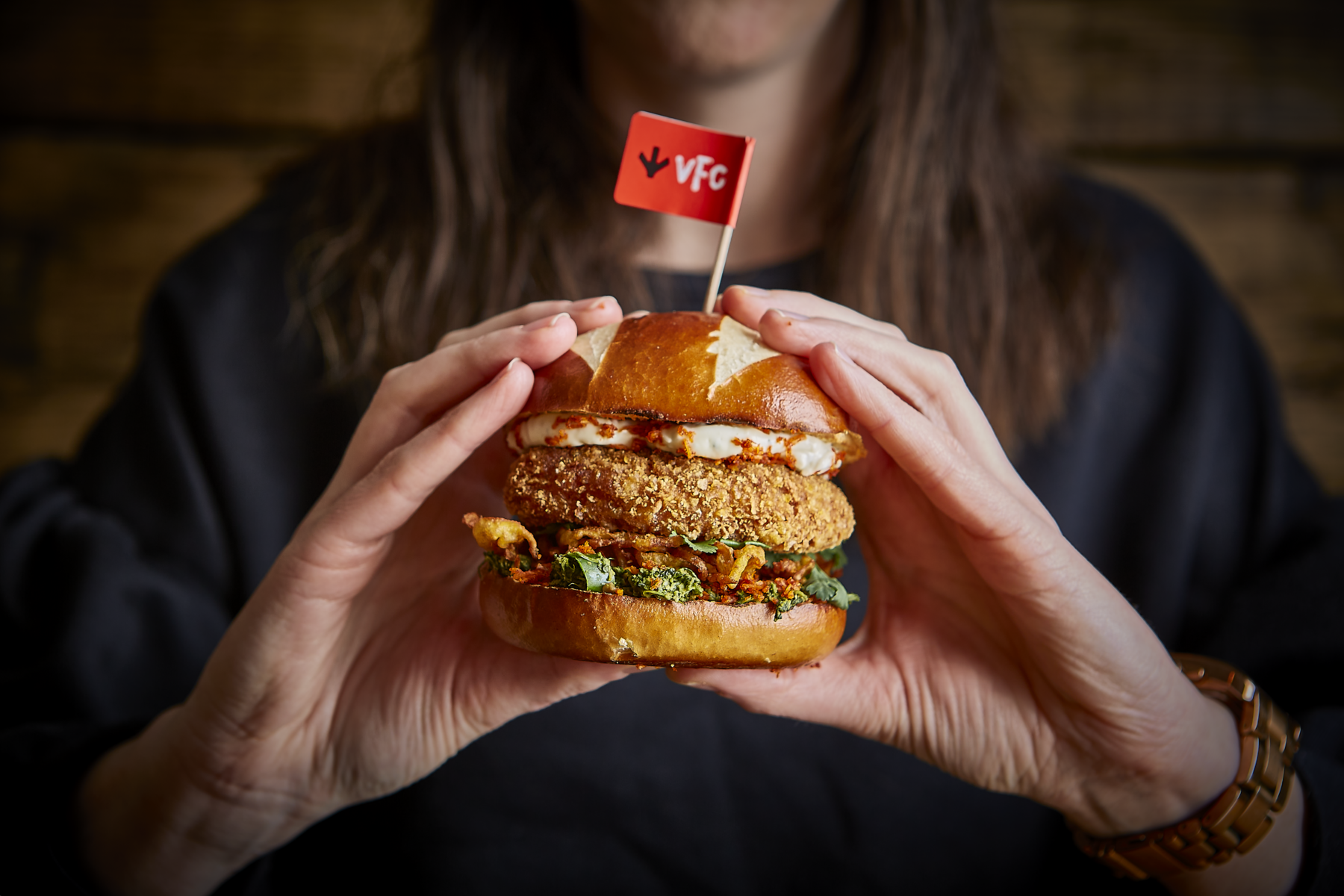
Hold the champers, though. We have to temper our excitement with a sobering dose of reality. The decline isn’t fast enough or sharp enough – certainly not for the billions of animals who are being killed each year for food. The vast majority (by a very, very long way) of them are raised in factory farms, their lives filled with pain and suffering before being violently cut short in a slaughterhouse.
And not for humanity, either. It’s not melodramatic to say that life on Earth as we know it is under threat. In 2020, the government advisory body the Committee on Climate Change published a report in which it stated that, in order to meet climate targets, Brits needed to reduce their meat and dairy consumption by 20% by 2030. In 2022, it upped this recommendation to 35% by 2050. The same year, the government-commissioned National Food Strategy recommended a 30% reduction in meat consumption. Let’s be clear, these are not environmental NGOs, animal activists, or vegan food companies saying we need to eat less meat, these are government advisors. Compare their targets with the figures we gave at the beginning and you can see that yes, change is happening, but we are still farming, killing, and eating too many animals.
So, at VFC, we’re applauding these findings as a step in the right direction, and the start of what will ultimately be a huge shift in how we eat. But we can’t slow down in our mission to push animal chicken off supermarket shelves and to wipe it off menus. Wherever ‘real’ chicken is, we need Chick*n to take over, and we need you to help make that happen. Be a part of the vegan rebellion and fight with us for a kinder, fairer, more sustainable future.
